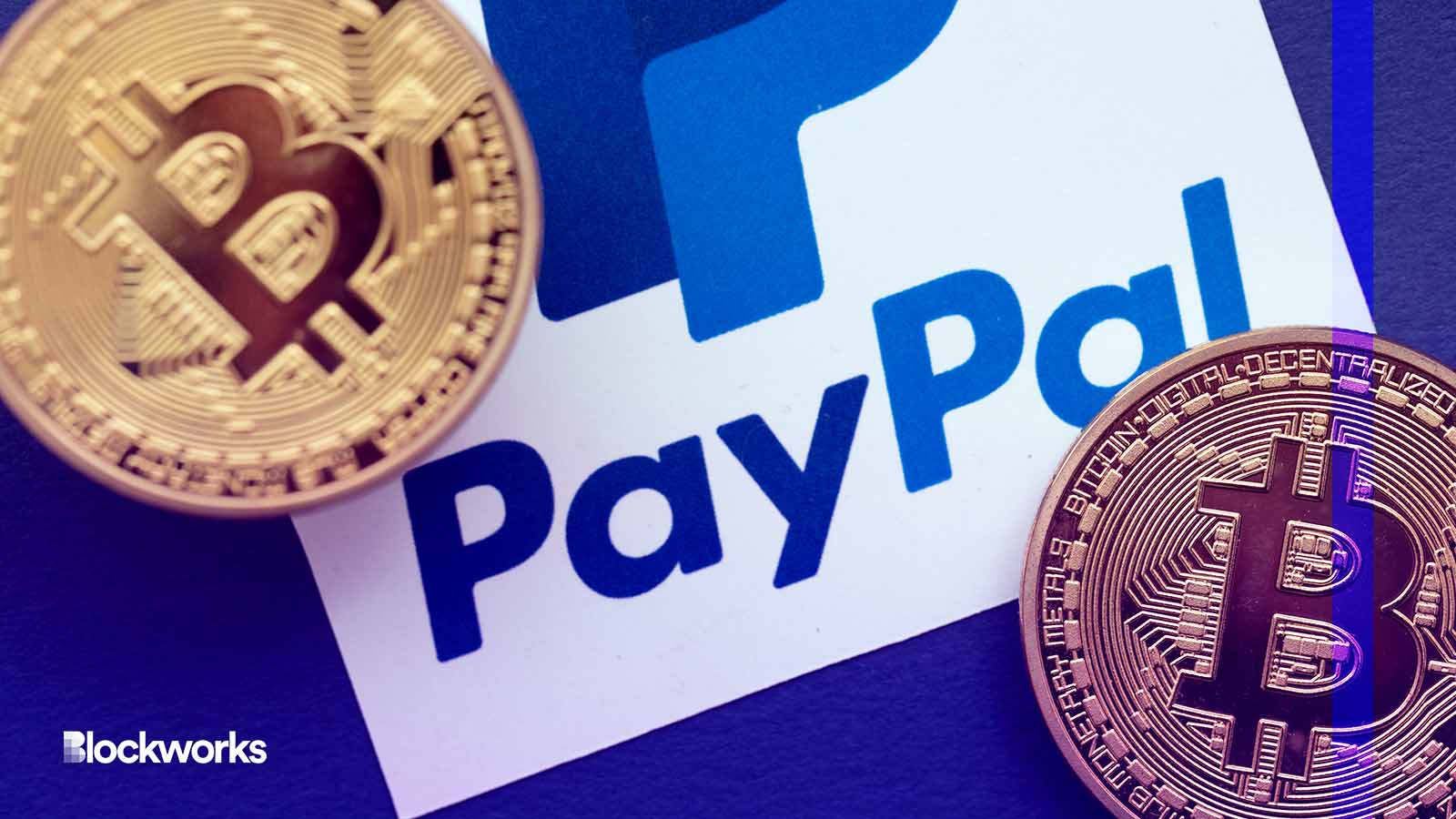Not Just a Crypto Issue: PayPal and Venmo Lack FDIC Insurance Too
“Billions of dollars” are currently stored in apps like Venmo and PayPal and just like crypto exchanges, they are not FDIC insured

Ink Drop/Shutterstock modified by Blockworks
Bankrupt crypto exchanges and Web2 digital payment apps have something in common: They aren’t insured by the FDIC, the Consumer Financial Protection Bureau (CFPB) reminded users this week.
In a Thursday release, the CFPB warned users that keeping cash in apps like Venmo, Cash App and PayPal is inherently dangerous.
“Billions of dollars” are currently stored in apps like Venmo and PayPal, the release said, but if these platforms were to go under, there is no guarantee clients would be made whole.
The companies disclose as much in their published legal terms. For instance, PayPal notes, “FDIC insurance does not protect you against the failure of PayPal,” but individual consumers may nevertheless be unaware.
“Popular digital payment apps are increasingly used as substitutes for a traditional bank or credit union account but lack the same protections to ensure that funds are safe,” CFPB Director Rohit Chopra said in the release.
Similarly, crypto exchanges such as Coinbase and Gemini are not insured by the Federal Deposit Insurance Corporation (FDIC). Bankrupt firms including Voyager Digital, Celsius and BlockFi are among many crypto companies that operated banking services without protection under the government.
The FDIC has for months attempted to crack down on crypto companies using “misleading” statements about their status as insured institutions.
In a July 2022 cease and desist letter to Voyager Digital, the FDIC alleged the brokerage firm falsely advertised itself as an insured institution.
“Based on the information gathered to date, it appears that these representations likely misled and were relied upon by customers who placed their funds with Voyager and do not have immediate access to their funds,” the FDIC said in the letter.
Voyager advertised to clients that deposits of up to $250,000 would be insured through the FDIC because Voyager had partnered with FDIC-backed Metropolitan Commercial Bank to maintain a deposit account on behalf of users.
“Voyager is not itself insured by the FDIC, though, and so customers who invested through its cryptocurrency platform would not receive insurance coverage in the event of Voyager’s failure,” the FDIC added in the letter.
In August 2022, the FDIC informed crypto safety information provider CryptoSec.info, now known as ChainSec.io, incorrectly was advertising certain crypto exchanges as being FDIC insured.
“The FDIC does not insure any crypto exchanges,” the letter stated.
Get the news in your inbox. Explore Blockworks newsletters:
- The Breakdown: Decoding crypto and the markets. Daily.
- 0xResearch: Alpha in your inbox. Think like an analyst.






